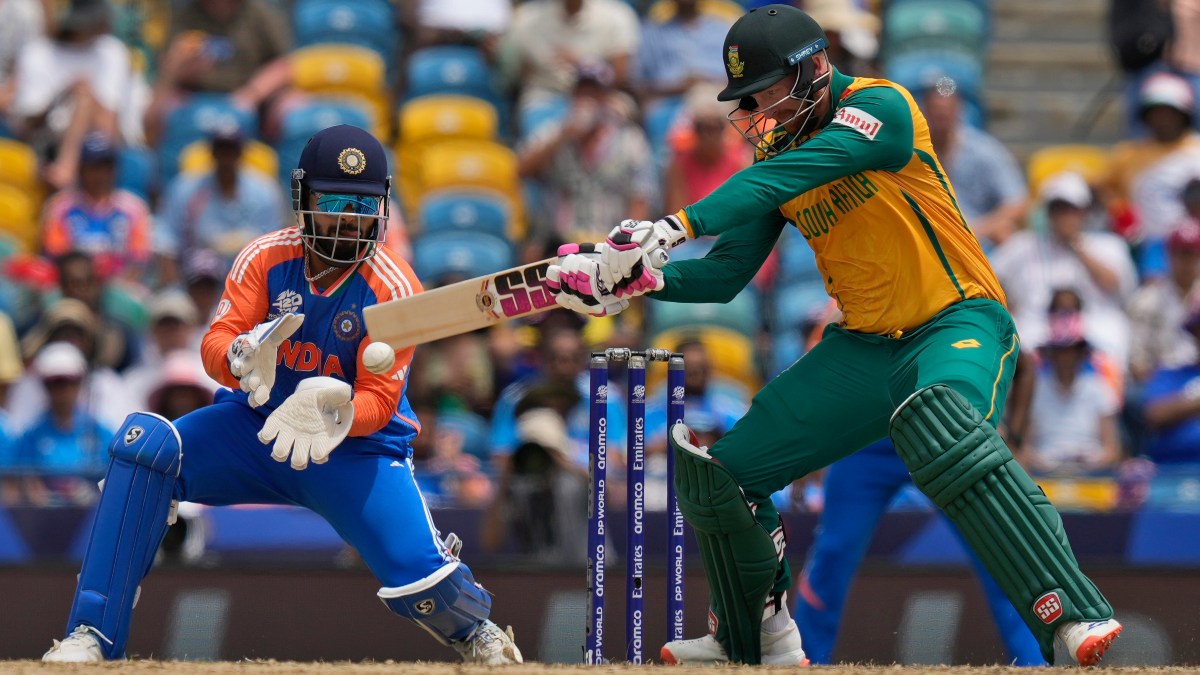

Heinrich Klaasen's recent and abrupt retirement from international cricket has sent ripples throughout the South African cricketing community, presenting another significant challenge for a nation already grappling with various issues both on and off the field. The loss of such a dynamic and impactful player raises serious questions about the future of South African cricket and its ability to compete on the global stage.
Klaasen, at 33, was considered to be at the peak of his powers in the limited-overs formats. His aggressive batting style, particularly his ability to decimate spin bowling in the middle overs, made him a valuable asset to the Proteas. He was also a capable wicketkeeper, adding further depth and flexibility to the team's composition. His contributions were not just limited to on-field performances; he was also viewed as a senior player and leader within the squad.
Several factors appear to have contributed to Klaasen's decision. He stated that he had lost the drive to play for South Africa. He admitted that he didn't care if South Africa won or lost, which he recognised as the wrong attitude to have. The exit of coach Rob Walter and the uncertainty surrounding his future with Cricket South Africa (CSA), including contract negotiations, seemingly expedited his choice. Also, Klaasen wanted to spend more time with his family after years of extensive travel for cricket.
Klaasen's retirement highlights a growing concern in international cricket: the lure of lucrative T20 leagues. These leagues offer financial security and a less demanding schedule compared to the rigors of international cricket. This forces players to choose between representing their country and maximizing their earning potential, a dilemma that is becoming increasingly common. South Africa has been particularly vulnerable to this trend. Previously, Quinton de Kock retired from ODIs after the 2023 World Cup and from Test cricket in late 2021. Anrich Nortje and Tabraiz Shamsi have also opted out of central contracts.
The timing of Klaasen's decision is particularly troubling for South Africa. The team is preparing for the upcoming Champions Trophy 2025, and his absence will undoubtedly create a void in the middle order. The Proteas have historically struggled in major ICC tournaments, often faltering under pressure. Klaasen's experience and ability to perform in high-pressure situations would have been invaluable in their quest to finally break their trophy drought.
Furthermore, South African cricket is currently facing a number of other challenges. Injuries to key players have been a persistent concern, and there are worries about the depth of talent in certain areas. CSA has also faced criticism for its handling of contract negotiations and its inability to retain key players. These issues, combined with Klaasen's retirement, paint a worrying picture for the future of South African cricket.
The road ahead for South Africa will be tough. They will need to find a way to replace Klaasen's contributions, both on and off the field. This could involve giving opportunities to younger players and fostering a new generation of leaders. CSA will also need to address the systemic issues that are driving players away from international cricket. This could involve offering more competitive contracts, improving communication with players, and creating a more supportive environment.
Ultimately, the future of South African cricket will depend on its ability to adapt to these challenges and create a sustainable model that allows it to retain its best players and compete on the global stage. The sudden retirement of Heinrich Klaasen serves as a wake-up call, highlighting the urgent need for change and a renewed focus on the long-term health of the game in South Africa.